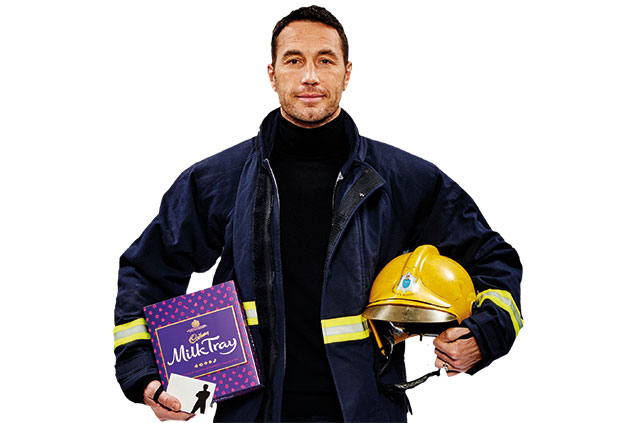
The more popular a fund’s stockmarket flotation, the worse the subsequent performance. Investors have often backed a star fund manager only to be disappointed. Prime examples include Fidelity China in 2010, Woodford Patient Capital in 2015 and Pershing Square in late 2014.
Pershing Square (LSE: PSH), a US-focused activist fund managed by Bill Ackman, raised $2.7bn by converting the hedge fund he had started in 2004 into a closed-end investment fund. Ackman had seen his investment strategy undermined by withdrawals totalling over a quarter of the fund in the financial crisis.
He wanted to protect his capital base and draw in a wider circle of investors. His strategy was to take sizeable stakes in underperforming businesses and persuade them to change management or strategy. Such was his reputation that other investors would jump on the bandwagon and help him drive change.
A poor start
The investment record was stellar, including a 40% return in 2014 driven by an investment coup in Canadian Pacific Railway, but the shares fizzled on their debut and it was downhill from there. Between 2015 and 2017 the fund lost 34% while the S&P 500 index returned 38%.
The poor performance stemmed mostly from two disasters. Pershing Square had backed the contested bid by Valeant (now Bausch Health Companies), owners of eye-care business Bausch + Lomb, for Allergan, best known for its Botox product, by buying shares in both companies. Allergan was then bought by Actavis, while the highly acquisitive and heavily indebted Valeant became the focus of controversy about excessive price hikes by drug companies, prompting a regulatory investigation. The share price fell by 90%.
Meanwhile, Pershing Square had sold short the shares of Herbalife, which sells nutrition products through commission-based agents. Ackman accused it of being an illegal pyramid scheme, publishing a detailed and well-argued analysis to support his case. With another heavyweight activist, Carl Icahn, taking the opposite view, the dispute became personal and the regulators refused to take sides. Pershing Square closed its short position at a substantial loss early this year. Since then there has been a marked improvement in performance with an 11% return in the first seven months of 2018. “We have made very good progress since the end of the first quarter and the fund is fully invested,” says Ackman. Disclosure of the fund’s holdings is limited as Ackman prefers to wait until he has finished buying. But successes include ADP, the data processing company, which is up 22% this year.
Pershing’s promising portfolio
Lowe’s, a DIY chain, is also doing well, up 15%. Much more is expected: “The gain does not reflect any of the opportunities.” The share performance of Mondelez, owner of Cadbury, has been dull, a de-rating of the sector offsetting double-digit earnings growth at the company.
The outlook for Restaurant Brands, which owns the Canadian-based Tim Hortons brand, is enhanced by the opening of 1,500 outlets in China, while United Technologies is seeing strong organic growth.
Ackman and other affiliates of Pershing Square clearly have confidence in the portfolio. They have bought over six million shares and now jointly own 16.4% of the firm; Ackman holds 14.6%. Yet the shares still trade at £12, on a 23% discount to net asset value of £15.60.
Fidelity China has shown that funds that start their public life on the wrong foot can regain their balance. Pershing Square appears to be following its example, and that is certainly not reflected in the share price.